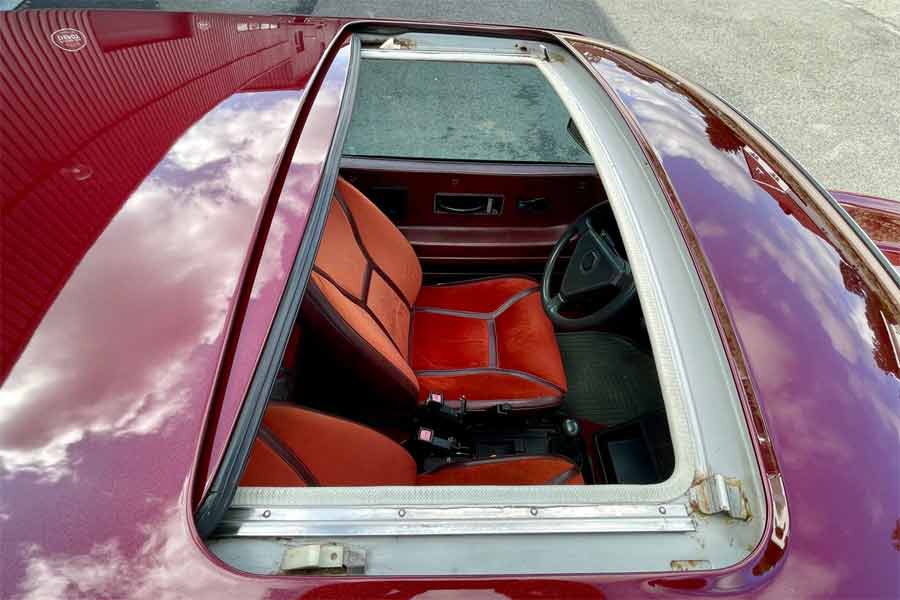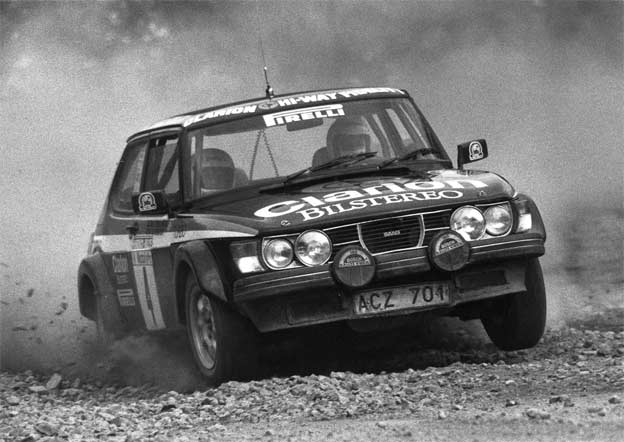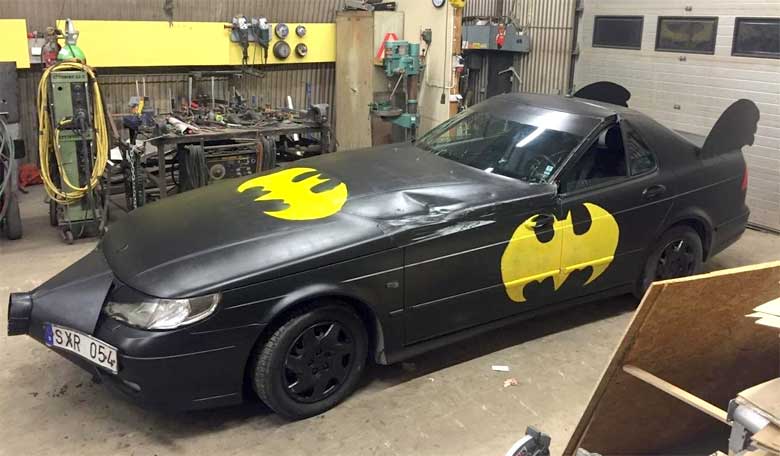Table of Contents
Revisiting a Classic
In the summer of 1978, Saab made headlines with the release of the first turbocharged production car, the Saab 99 Turbo. Fast forward to a rainy summer day in 2024, and Danish auto magazine, Bil Magasinet, takes us on a nostalgic journey through Swedish forests with a cardinal red metallic 99 Turbo from 1978, followed by a 2011 Saab 9-5 Aero. This retro-review highlights why Saab remains a beloved brand among enthusiasts, showcasing the unique features and innovative spirit that made the Saab 99 Turbo a pioneer in its time.
The Saab 99 Turbo: A Revolutionary Design
The Saab 99 Turbo’s rear rubber spoiler, reminiscent of the first Porsche 911 Turbo, hints at the car’s sporty intentions. However, its practical design also shows Saab’s attention to detail, with a warning to avoid getting drenched by water stored in the spoiler when opening the trunk. This blend of practicality and performance is a hallmark of Saab’s design philosophy.

Saab’s aircraft industry expertise is evident in the 99 Turbo. The ignition lock placed between the seats and the requirement to remove the key only when the car is in reverse are distinctive Saab traits. These features, combined with a curved windshield that offers excellent forward visibility and a low drag coefficient (Cw value of 0.37 in 1968), highlight Saab’s commitment to a unique driving experience.
A Living Piece of History
The journey begins with a simple call to Peter Bäckström, the boss of the Saab Museum, to borrow the classic 99 Turbo. Stepping into the car is like stepping back in time. The interior, with its plastic leather seats matching the car’s exterior and well-preserved plastic wood inserts, exudes a vintage charm. The ignition lock between the seats and the curved windshield are just a few of the many references to Saab’s aircraft heritage, emphasizing the brand’s commitment to providing a distinct driving experience.

The Driving Experience: Then and Now
The Saab 99 Turbo’s driving experience is described as exhilarating, especially when the turbocharger kicks in. Up to 50-60 km/h, the car feels like an ordinary old vehicle, but the turbocharger’s power transforms it into a spirited machine. The review notes the car’s impressive acceleration, capable of outpacing contemporaries like the Porsche 924 and Pontiac Firebird Trans Am, with a top speed of 198 km/h.
The handling, however, reflects its era. The non-power-assisted steering requires anticipation, similar to the Rover 3500, but once accustomed, the 99 Turbo proves to be a comfortable long-distance cruiser. The innovative turbocharged engine provided the performance of a larger six-cylinder engine while maintaining the fuel economy of a smaller four-cylinder, a pioneering achievement that influenced the automotive industry.

A Nod to Saab’s Motorsport Success
The Saab 99 Turbo wasn’t just a road car; it also made its mark in motorsport. Stig Blomqvist drove a rally-tuned version with 270 hp to victory in the 1979 Swedish Rally, the first turbocharged car to win a World Rally Championship event. This success underscored Saab’s engineering prowess and the potential of turbocharging in competitive racing.
Legacy and Enthusiast Culture
The review from Bil Magasinet not only takes us on a nostalgic journey but also highlights the enduring appeal of Saab. Enthusiasts continue to cherish and restore classic Saab models, ensuring the brand’s legacy lives on. Events like the annual Saab Festival in Trollhättan bring together Saab lovers from around the world to celebrate the brand’s innovative spirit and unique design.

Conclusion: Celebrating Saab’s Impact
The Saab 99 Turbo remains a testament to Saab’s commitment to innovation, safety, and a unique driving experience. As we revisit this classic model through the lens of Bil Magasinet’s review, we are reminded of what made Saab special. The brand’s ability to blend practicality with performance, influenced by its aircraft industry roots, created a lasting legacy that continues to captivate car enthusiasts worldwide.
For a detailed reflection on this nostalgic journey and the unique attributes of the Saab 99 Turbo, read the full article from Bil Magasinet here. This piece originally appeared in Bil Magasinet in October 2011 and remains a fitting tribute to Saab’s innovative legacy.











I had one and loved driving it. It kept me safe when I was rear-ended on the freeway. The car was totaled, but I walked away without a scratch.
It was wrong to drive old Saabs to Trollhättan. You should have bought a new one instead. Old Saabs didn’t save Saab new ones could have. So you are not a part of the solution but a part of the problem.